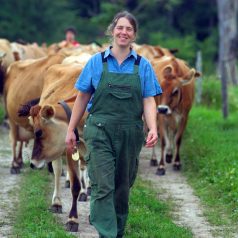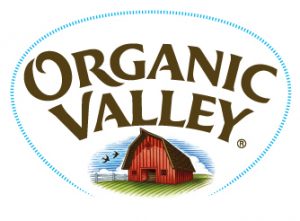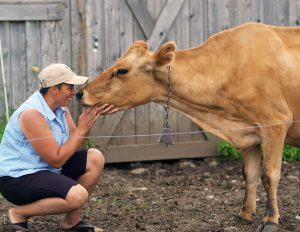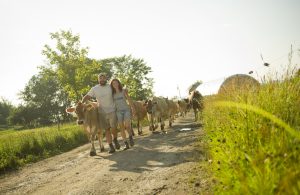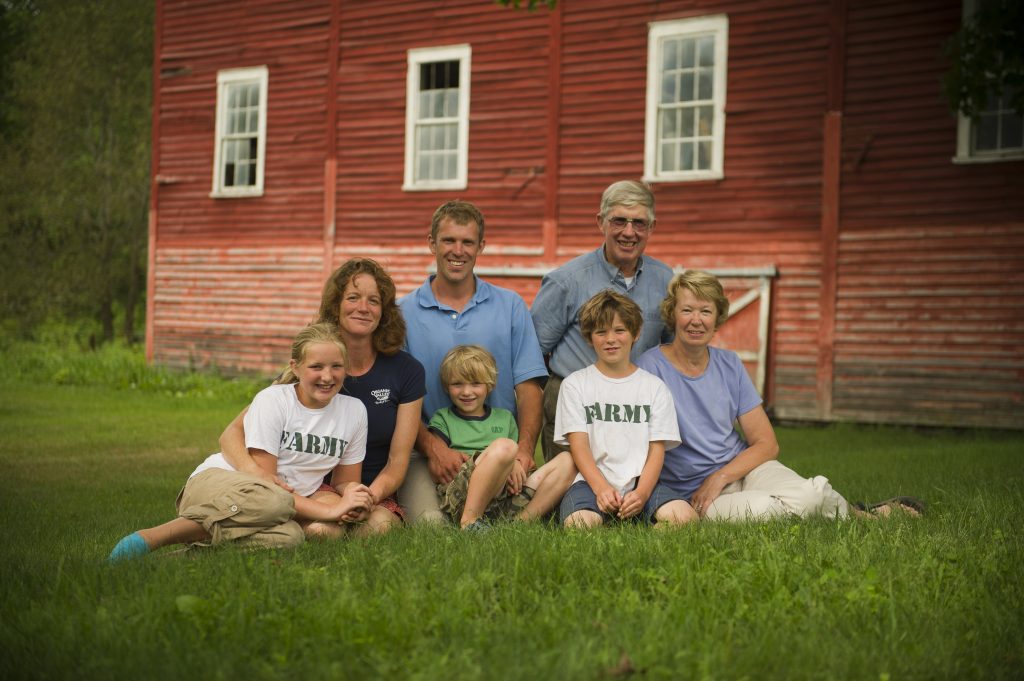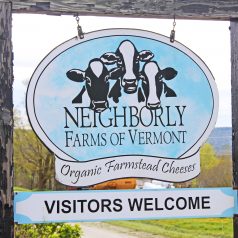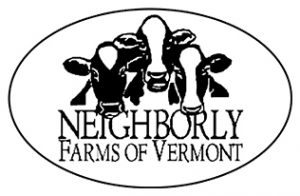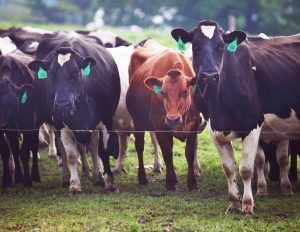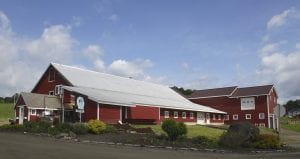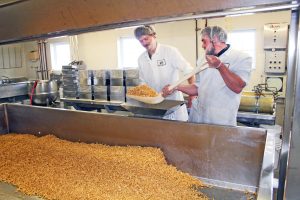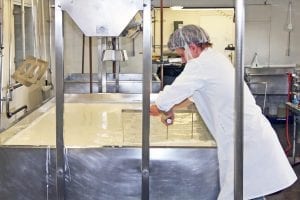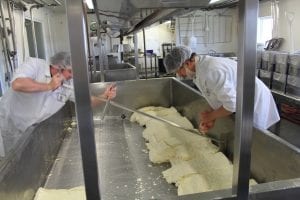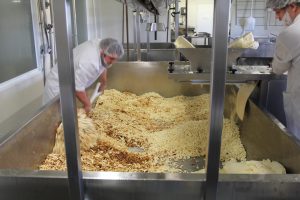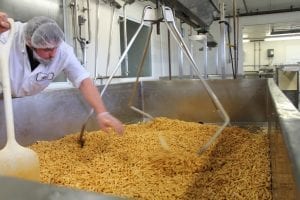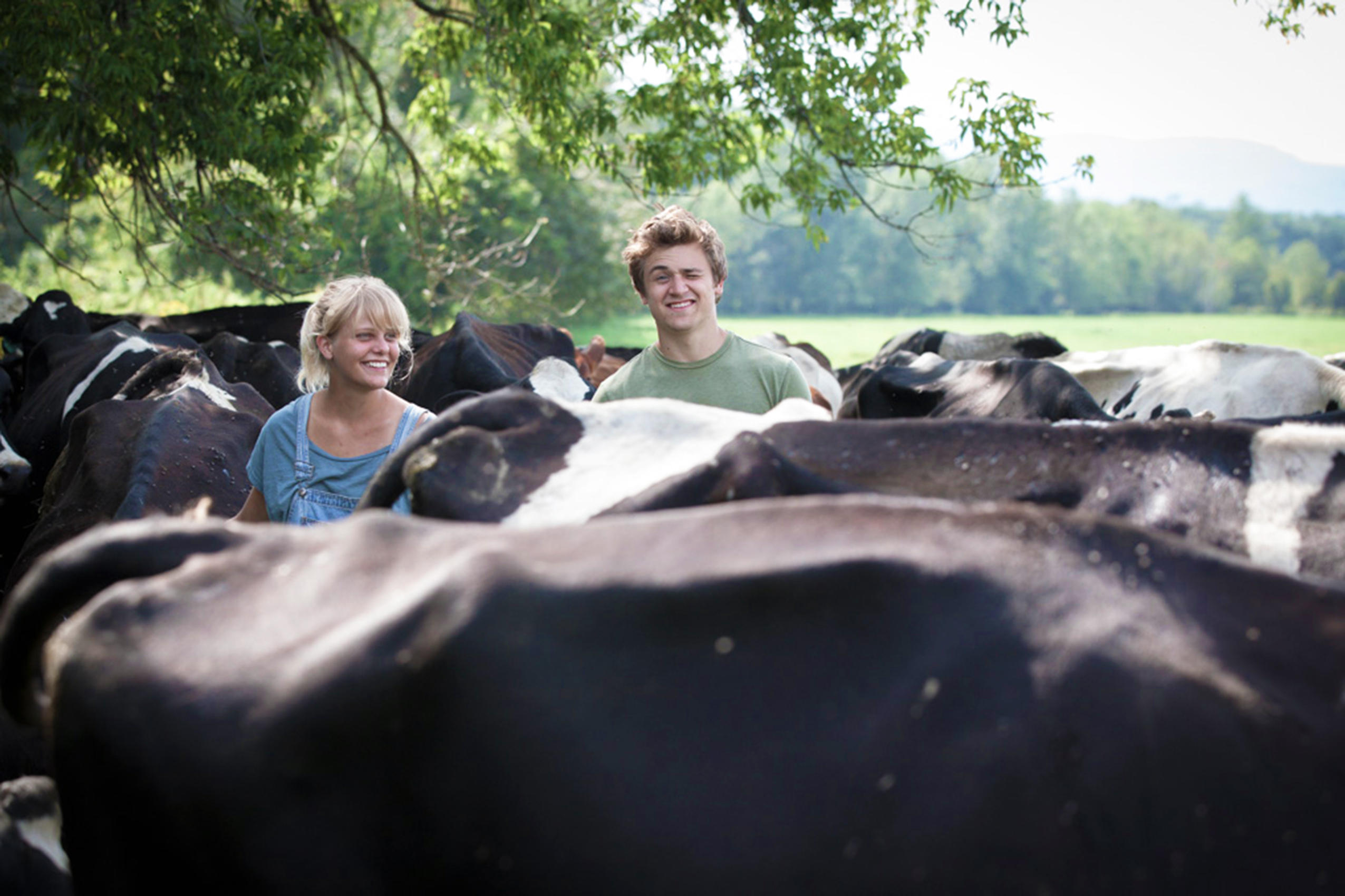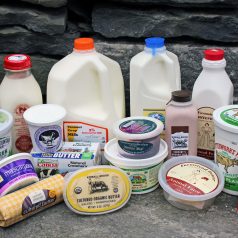
June is Dairy Month
Since June of 1937, Americans have been celebrating National Dairy Month. As we celebrate, it’s important to note that the Dairy Industry is making headlines lately due to sustained low milk prices which continue to deliver a tough blow to dairy farmers – particularly small dairy farmers managing fewer than 200 cattle. In Vermont, small dairy farms are the majority, so this downturn in the dairy market is hitting Vermont communities particularly hard. While times are tough for our local dairy farmers, it’s important to remember just how critical these farmers are to our local economy.
Here are a few facts about dairy in Vermont:
Economy
- Dairy brings $2.2 billion to Vermont’s economy
- Dairy brings $3 million in circulating cash to the state, each day
- Annual sales of Vermont dairy products and by-products = $1.3 billion
- Dairy accounts for more than 70% of Vermont’s agricultural sales
- 6,000 – 7,000 jobs in our state depend on dairy
- 63% of New England’s milk supply comes from Vermont
- Every cow brings $12,500 in economic activity to Vermont annually
- $400 million in annual dairy sales comes from fluid milk
- $650 million in annual dairy sales comes from cheese
- A whopping $1.3 billion in annual dairy sales comes from the sale of dairy-based items like yogurt and ice cream
Landscape
- Vermont has about 750 family-owned dairy farms, the majority of which have less than 200 cows
- 15% of the state is covered by dairy farms and the fields that provide their feed
- More than 80% of Vermont’s farmland is dedicated to dairy
- About 25% of Vermont’s dairy farms are certified organic
Way of Life
- 97% of Vermonters say dairy farms are important to the state
- 92% of Vermonters say dairy farms add to the beauty of Vermont
- 91% of Vermonters say dairy is important to Vermont’s way of life
- Vermont has the highest number of artisanal cheesemakers per capita
- The Vermont Cheese Council lists 49 active cheesemakers
- The Co-op carries over 100 local cheeses!
Organic Dairy
Vermont Organic Farmers (VOF), the organic certification program of NOFA-VT, has just over 200 dairies certified in Vermont; up from just 33 in 1998. This increase in organic dairy production in Vermont is something to celebrate for a number of reasons. On an organic dairy farm, cows graze on pasture during the growing season, eat organically grown feed, and are not treated with hormones or antibiotics. Well-managed organic dairy farms are less harmful to the environment than conventional dairies (think: a cleaner Lake Champlain!), and there is evidence that the milk they produce may be better for our health, thanks to higher amounts of CLA (an antioxidant) and ALA (an Omega 3 fatty acid).
While this increase in organic production is exciting, it’s also true that organic dairy farmers are not immune to the tough times in the dairy industry. According to NOFA-VT, “Organic dairy farms in Vermont, and nationwide, are seeing historic lows in their pay price, with some farmers receiving an almost $10/cwt (hundredweight, or hundred pounds of milk) drop over the past year. Some milk buyers have also implemented a quota, limiting the amount of milk a farm is able to produce. The pay price and situation differ among milk buyers, as they have all been affected by, and handled, the oversupply differently. These sudden, and for some, drastic changes in pay price means that some farmers are being paid close to, at or even below their cost of production, and can not make ends meet. Due to this, we’ve seen an increase in disaster requests for our Farmer Emergency Fund from organic dairy farmers for assistance in meeting their feed costs and covering basic needs.” If you’re interested in contributing to this fund and helping provide a much-needed lifeline to these farmers that mean so much to our local economy, click here.

